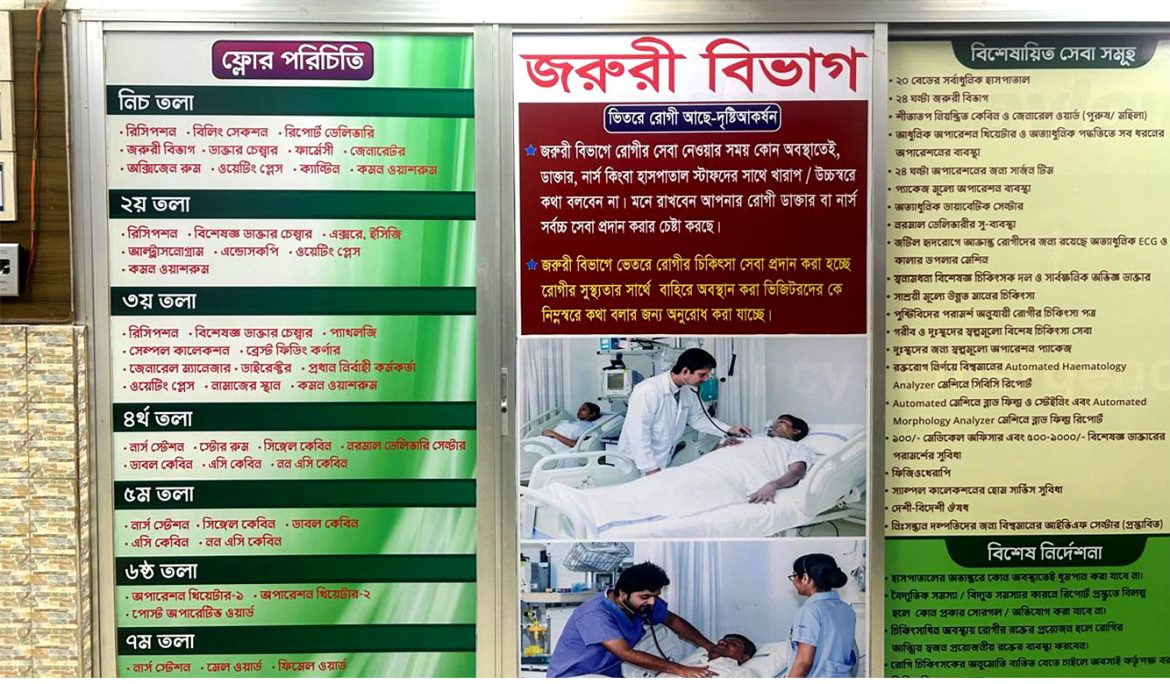Dengue fever is becoming more common, especially in warm and humid areas around the world. If you’re curious about what the dengue virus does to your body, how it spreads, and ways to stay safe, you’re in the right place. In this guide, we’ll explain everything in simple terms so you can better understand dengue fever, from its symptoms to prevention tips!
What is the Dengue Virus, and How Does it Spread?
Dengue virus is transmitted by mosquitoes, specifically the Aedes aegypti mosquito. When a mosquito carrying the virus bites you, it injects the virus into your bloodstream. The dengue virus has four types (called serotypes), meaning someone can get infected more than once if they’re exposed to different types of the virus.
What Happens in Your Body After a Dengue Infection?
After the dengue virus enters your body, it goes straight to your immune cells, where it starts to multiply. This triggers your immune system to react, leading to the well-known symptoms like high fever, headache, body aches, and a rash. The virus can also affect your blood vessels, which may lead to leaking blood vessels and fluid buildup, especially if the infection becomes severe.

The 3 Stages of Dengue Fever
Dengue fever usually has three stages:
- Febrile Stage
- You may feel a sudden, high fever (up to 104°F), along with intense body aches, headache, and possibly a rash.
- Nausea and vomiting are also common.
- This stage lasts between 2-7 days.
- Critical Stage
- After the fever drops, things can actually get a little tricky.
- You might notice new warning signs like severe stomach pain, trouble breathing, and even bleeding (like nosebleeds or bleeding gums).
- This is the stage where complications like dengue hemorrhagic fever or dengue shock syndrome can develop if not treated quickly.
- Recovery Stage
- As you start to feel better, your body will gradually stabilize.
- Symptoms should ease up within a few days to a week, though it may take longer to regain full strength.
What Are the Possible Complications of Dengue Fever?
Most cases of dengue fever are mild, but for some, it can lead to more serious issues, such as:
- Dengue Hemorrhagic Fever (DHF): This severe form involves bleeding, a drop in blood platelets (which help with clotting), and fluid leakage from blood vessels.
- Dengue Shock Syndrome (DSS): In this rare but serious condition, blood pressure drops dangerously low, which can be life-threatening without medical help.
How Can You Prevent Dengue Fever?
There’s no specific cure for dengue fever, so preventing mosquito bites is the best approach. Here’s how you can stay protected:
- Avoid Mosquito Bites: Use insect repellent, wear long-sleeved clothes, and stay in air-conditioned or screened areas as much as possible.
- Reduce Mosquito Breeding Sites: Aedes mosquitoes thrive in standing water. Check your surroundings for any places where water collects (like flower pots, buckets, and drains), and empty or clean them regularly.
- Get Vaccinated (If Available): In some countries, a vaccine for dengue is available, especially for people who have had dengue before. Speak to your doctor to see if it’s a good choice for you.
Final Thoughts
Learning about what dengue virus does can help you and your loved ones stay safe, especially in areas where dengue is common. By taking a few extra precautions, like avoiding mosquito bites and keeping your environment clean, you can help lower your risk of catching dengue fever. And if you ever notice symptoms after a mosquito bite, it’s always a good idea to see a doctor sooner rather than later.
For more health tips and insights, stay tuned to our blog! Remember, knowledge is power—and it’s the best tool we have to keep ourselves healthy and protected.




5 Comments
user491558
Nice post! 1754817528
mrpgh-admn
Thanks
Make Money At Home
Hi, how have you been lately?
mrpgh-admn
well, how about you?
足球贝贝
又到年底了,真快!